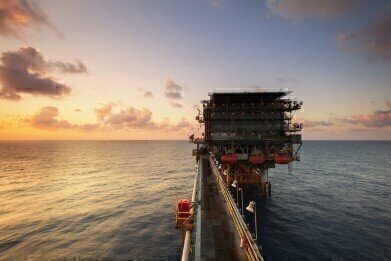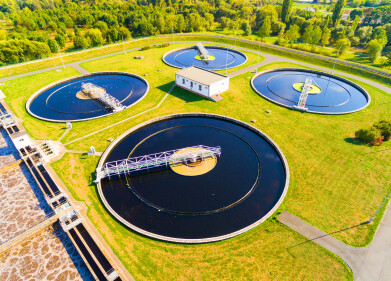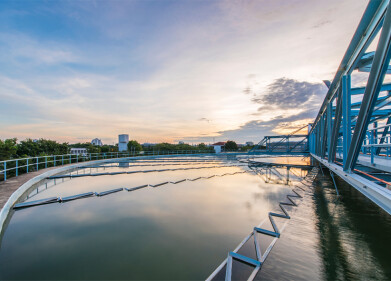Water/Wastewater
Could Oil-Munching Bacteria Help Clean Up Future Oil Spills?
Jul 31 2016
The largest oil spill in history took place in 1991 during the Gulf War, when Iraqi forces intentionally released oil reserves into Kuwaiti waters to try and stall the American forces in pursuit. In the action, some 1-1.5 billion litres of oil were released into the ocean.
While devastating events such as these (more recently, the Deepwater Horizon spill in the Gulf of Mexico released almost a billion litres through an accidental spillage) might grab the headlines, it’s only one of many sources of how oil can end up in the ocean. Indeed, on average big spills only account for around 5% of the total oil contamination in seawater.
While humans are constantly working to clean up such spills, there may be a more natural (and more effective) alternative. It’s long been known that bacteria can help break down oil, but a recent study has increased our knowledge about the multitude of bacteria strains which can work to neutralise oil in an oceanic setting.
Sources of oil pollution
In addition to the catastrophic spills like those mentioned above, there are a variety of other ways in which oil can find its way into the ocean. Routine maintenance on offshore drilling rigs and industrial cargo ships occurs thousands of times throughout the year, so only a little oil escaping each time soon adds up.
Elsewhere, runoff from agricultural, industrial and commercial oil use often ends up in drains and sewers, where eventually it will be pumped out into the sea. Though many sewage treatment works already use bacteria to break down oil and other contaminants, much of this escapes the filtration system and ends up in the ocean.
Meanwhile, the use of automobiles and industrial machines spit out untold amounts of hydrocarbons into the air every day. These can become blown over the ocean by strong winds and then washed into the water by rainfall. Finally, natural seepage of oil through the ocean floor also contributes significantly to oil contamination.
While all of these sources contribute to oil contamination in our major bodies of water, one catastrophic spill (like those mentioned above) can distort the figures hugely.
How bacteria can help
Monitoring oil levels in water is always an important undertaking, especially in the wake of a huge spill like those in the Persian or Mexican Gulfs. By assessing the level of oil contamination in the Gulf of Mexico after the event, and cross-referencing this with known bacteria levels before and after the spill, the researchers were able to come up with some illuminating data.
Firstly, they found that there were far more types of bacteria capable of breaking down the oil than previously anticipated. While Colwellia had already been identified as a beneficial strain, they also discovered that Neptuniibacter and Alcanivorax were adept at degrading aromatic hydrocarbons. What’s more, Neptuniibacter also possessed the ability to break down sulphur – a key component of dispersants used to decentralise the presence of the oil – thus making the ocean safer for other bacteria, flora and fauna susceptible to the dispersant, as well.
Armed with this knowledge, we can now work to assist the bacteria in its clean-up operation. In the event of another spillage like those which have come before (which is not an unlikely proposition), we can now avoid the use of dispersants likely to inhibit certain strains of bacteria, while adopting those which encourage the proliferation of others.
Digital Edition
IET 34.2 March 2024
April 2024
Gas Detection - Biogas batch fermentation system for laboratory use with automatic gas analysis in real time Water/Wastewater - Upcycling sensors for sustainable nature management - Prist...
View all digital editions
Events
Apr 30 2024 Melbourne, Australia
Apr 30 2024 Birmingham, UK
May 03 2024 Seoul, South Korea
May 05 2024 Seville, Spain
May 06 2024 Minneapolis, MN, USA


















